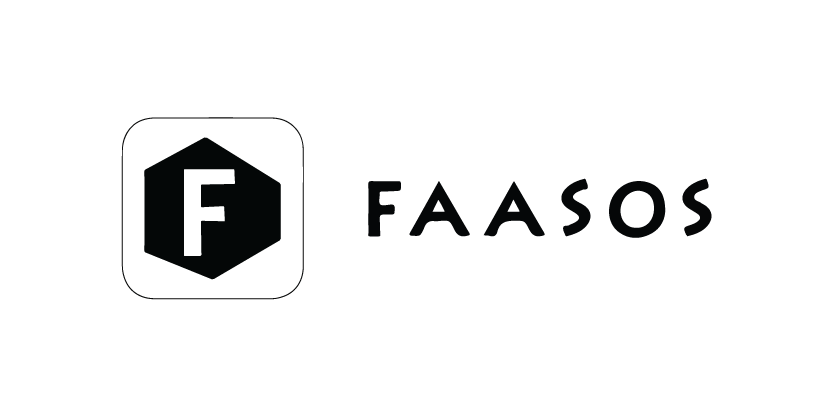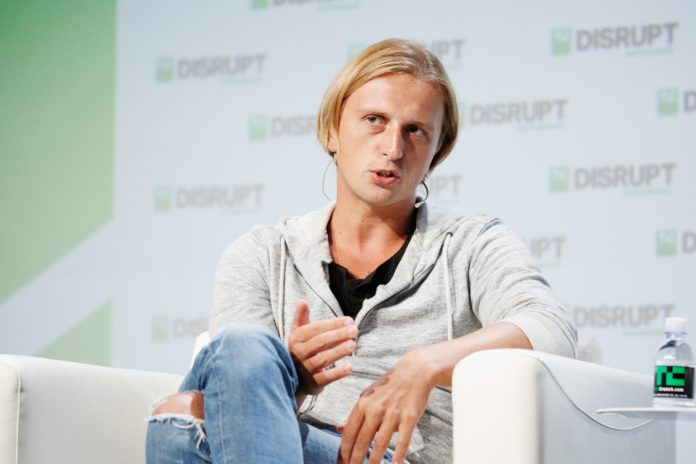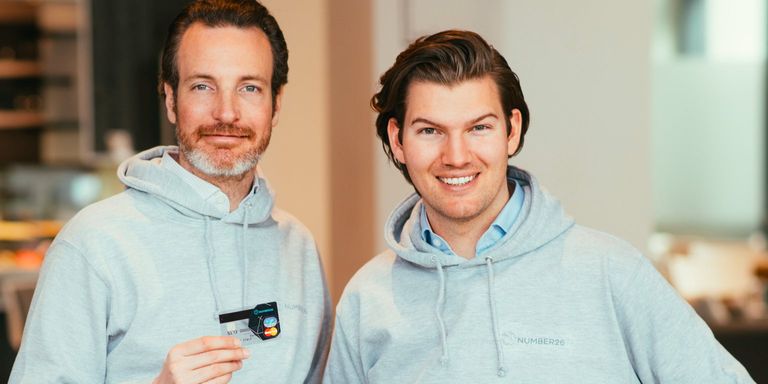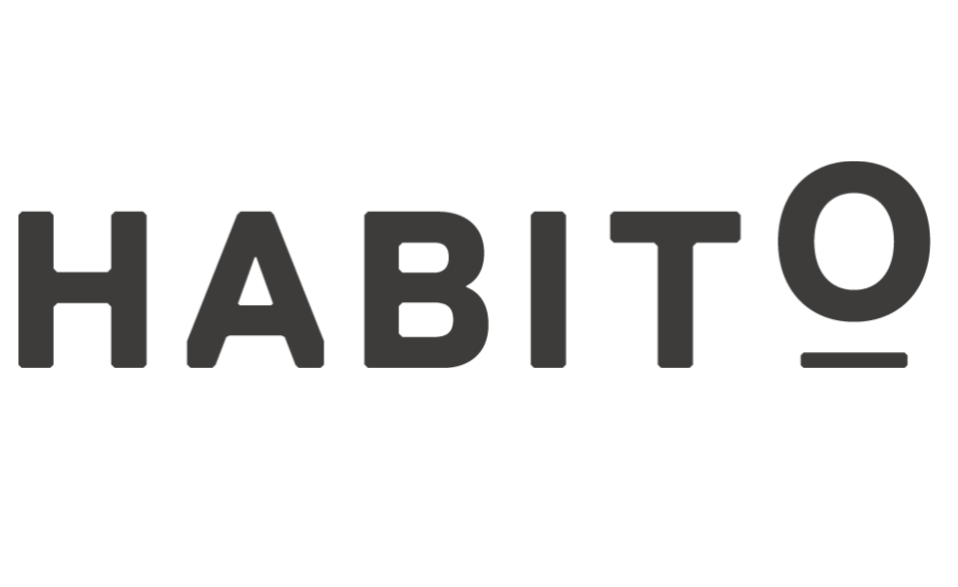Faasos : The Biggest Cloud Kitchen Restaurant Company in India
Most of the times, the low phases of a person’s life help him/her discover the right path for their future. But what if you are already on the right path, but this very path does not interest you anymore? Same happened with two friends, Jaydeep Barman and Kallol Banerjee, from Kolkata, India, who though were working with one of the finest companies, but still, something they always felt was missing. So what one should do in such a situation? Discover the right thing to do, and that is what they did, they founded Faasos.
Faasos is an online restaurant service, biggest in the world, that provides its customers with on-demand food delivery services. Seems similar? But it is not, the business model of Faasos is way different from Grubhub, Uber Eats and Zomato.
The Founders
Jaydeep Barman and Kallol Banerjee, both belong to Kolkata and have been friends for over two decades. The two, after completing an MBA course, started working for different firms. Meanwhile, one evening sitting at their Pune apartment, the two decided to launch a restaurant as a part-time business. But the uniqueness of the restaurant has to be Indian cuisine and no foreign brand food. So in 2004, the two started Faasos, a restaurant with the touch of Kolkata’s taste in Pune.
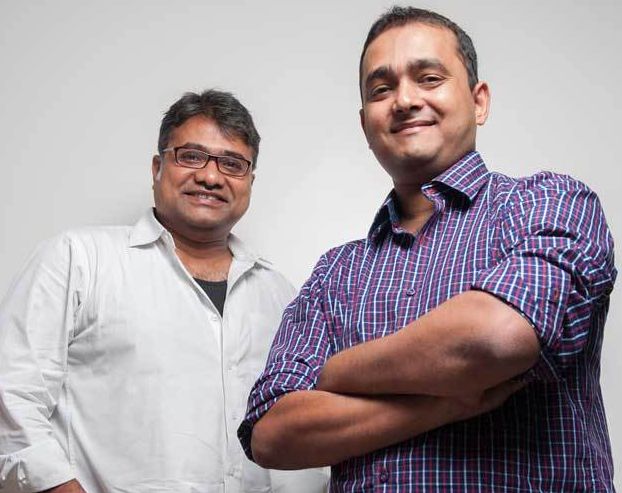
The restaurant was running side by side, and the two started another management course at INSEAD. After they completed the course, Barman joined the consulting team at Mckinsey London, and Banerjee moved to Singapore to work for Bosch.
Alongside their job, they anyhow managed to open five more Faasos restaurants in Pune. While working with the two leading MNCs, they had to live separate from their family. Wives of both friends worked in different countries. It was quite hectic for the two to manage their job and family, all together. So one fine day, they decided to leave their jobs and come back to India to expand their restaurant business.
Making Passion the Career
After realising their passion after seven years, they had to come up with an idea that would help support their decision financially. So they thought of an on-demand food delivery model for their business. So they took the responsibility of all the three processes that are the part of an online-food-delivery service, i.e. taking the orders, food preparation and delivering quality food.
The idea was different, and they pitched it in front of Sequoia capital and raised $5 million in November 2011. The main idea that attracted the Sequoias was keeping the fixed prices low.
The Challenge
Soon, the chain had 16 restaurants in Pune and Mumbai. The customers could order from the telephone as well as the Faasos website. But it became quite challenging for them to run their business in Mumbai, as the rents were high in Mumbai, and they did not have any references for suppliers there. The biggest mistake they did was to hire veterans to run their restaurant and the warehouse.
The two concluded that they should hire freshers, who want to succeed in life. So they introduced the FER (Faasos Entrepreneurs-in-Residence) programme. The unique thing they did was posted the job in a blogpost and had asked the aspirants not to send CVs, as everyone glorifies themselves in a CV.
The post went viral, and they received over 1,000 applications. After fifty telephonic and ten personal interviews, they had hired a good team of eight. The team took all the responsibility from running operations to managing the supply chain, etc.
Rise of the Company
The company launched its mobile app in March 2014. The app launch increased the number of orders, and 80 per cent of the orders were coming from the app only. The app was easy to use, and thus, the owners decided to turn their service into app-only service. The app processes over 30,000 orders every month.
In February, the company raised another $20 million in the second round of funding, and in the next funding round, the company raise $30 million, in December 2015.
Faasos as of 2017, was operating in 150 locations in 20 major cities of India, including Mumbai, Pune, Bangalore, Surat, Kolkata, Chennai, Coimbatore, Hyderabad, Nagpur, Gurgaon, Ahmedabad, Vadodara, Indore, etc.
In July 2019, the company received $125 million investment from Go-Jek, Coatue Management, and Goldman Sachs, and now, operates 235 kitchens across 20 Indian cities.

Yashica is a Software Engineer turned Content Writer, who loves to write on social causes and expertise in writing technical stuff. She loves to watch movies and explore new places. She believes that you need to live once before you die. So experimenting with her life and career choices, she is trying to live her life to the fullest.
